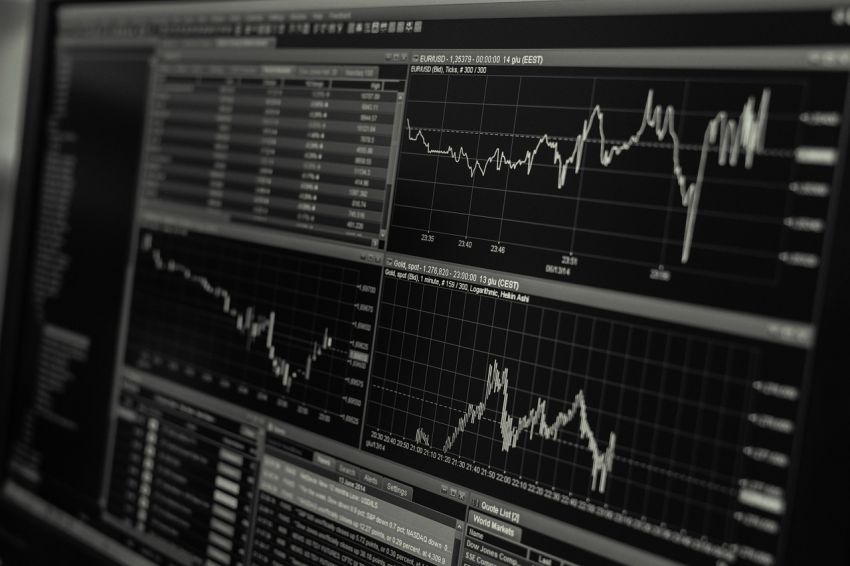The Forex Market is a dynamic and fascinating financial market that operates on a global scale, facilitating the exchange of currencies between individuals, businesses, and governments. Understanding how the Forex Market operates is crucial for anyone looking to engage in currency trading or simply interested in how the world of finance works.
Market Participants
At the core of the Forex Market are various participants, including banks, financial institutions, corporations, governments, and individual traders. Each of these players contributes to the market’s liquidity and volatility, making it one of the most actively traded markets in the world. The sheer volume of daily transactions, which can reach trillions of dollars, highlights the importance of the Forex Market in the global economy.
Currency Pairs
In the Forex Market, currencies are always traded in pairs, with the value of one currency relative to another. The most commonly traded currency pairs are known as the major pairs, which include the US Dollar, Euro, Japanese Yen, British Pound, Swiss Franc, Canadian Dollar, and Australian Dollar. These pairs are traded in large volumes and are considered the most liquid in the market.
Other currency pairs, known as minors and exotics, involve currencies from emerging market economies or less frequently traded currencies. Understanding the dynamics of different currency pairs is essential for successful trading in the Forex Market.
Market Hours
Unlike traditional stock markets that have specific trading hours, the Forex Market operates 24 hours a day, five days a week. This continuous trading allows participants from different time zones to trade at any time, making the market highly accessible and liquid. The market is divided into three major trading sessions: the Asian session, European session, and North American session, each with its own characteristics and trading volume.
Market Structure
The Forex Market operates in a decentralized manner, with no central exchange or physical location. Instead, trading takes place electronically over a network of banks, brokers, and other financial institutions. These participants are connected through electronic communication networks (ECNs) and trading platforms, which enable seamless and instant execution of trades.
Price Determination
The prices of currencies in the Forex Market are determined by supply and demand dynamics, influenced by various factors such as economic data, geopolitical events, interest rates, and market sentiment. Traders analyze these factors to make informed decisions about when to buy or sell a particular currency pair. The constant flow of information and news around the world contributes to the market’s volatility and provides opportunities for traders to profit from price movements.
Leverage and Margin
One of the unique features of the Forex Market is the ability to trade on margin, which allows traders to control larger positions with a relatively small amount of capital. Leverage amplifies both potential profits and losses, making it a double-edged sword for traders. Understanding how to manage leverage and margin requirements is essential to avoid excessive risk and protect capital in the volatile Forex Market.
Risk Management
Effective risk management is crucial for success in the Forex Market. Traders use various tools and techniques such as stop-loss orders, position sizing, and risk-reward ratios to control their exposure to market fluctuations and protect their trading capital. By implementing sound risk management practices, traders can minimize losses and maximize profits over the long term.
Conclusion: Mastering the Forex Market
Navigating the complexities of the Forex Market requires knowledge, skill, and discipline. By understanding how the market operates, including its participants, currency pairs, market hours, structure, price determination, leverage, and risk management, traders can develop a solid foundation for success. Continuous learning, practice, and adaptability are key to mastering the Forex Market and capitalizing on its opportunities.










